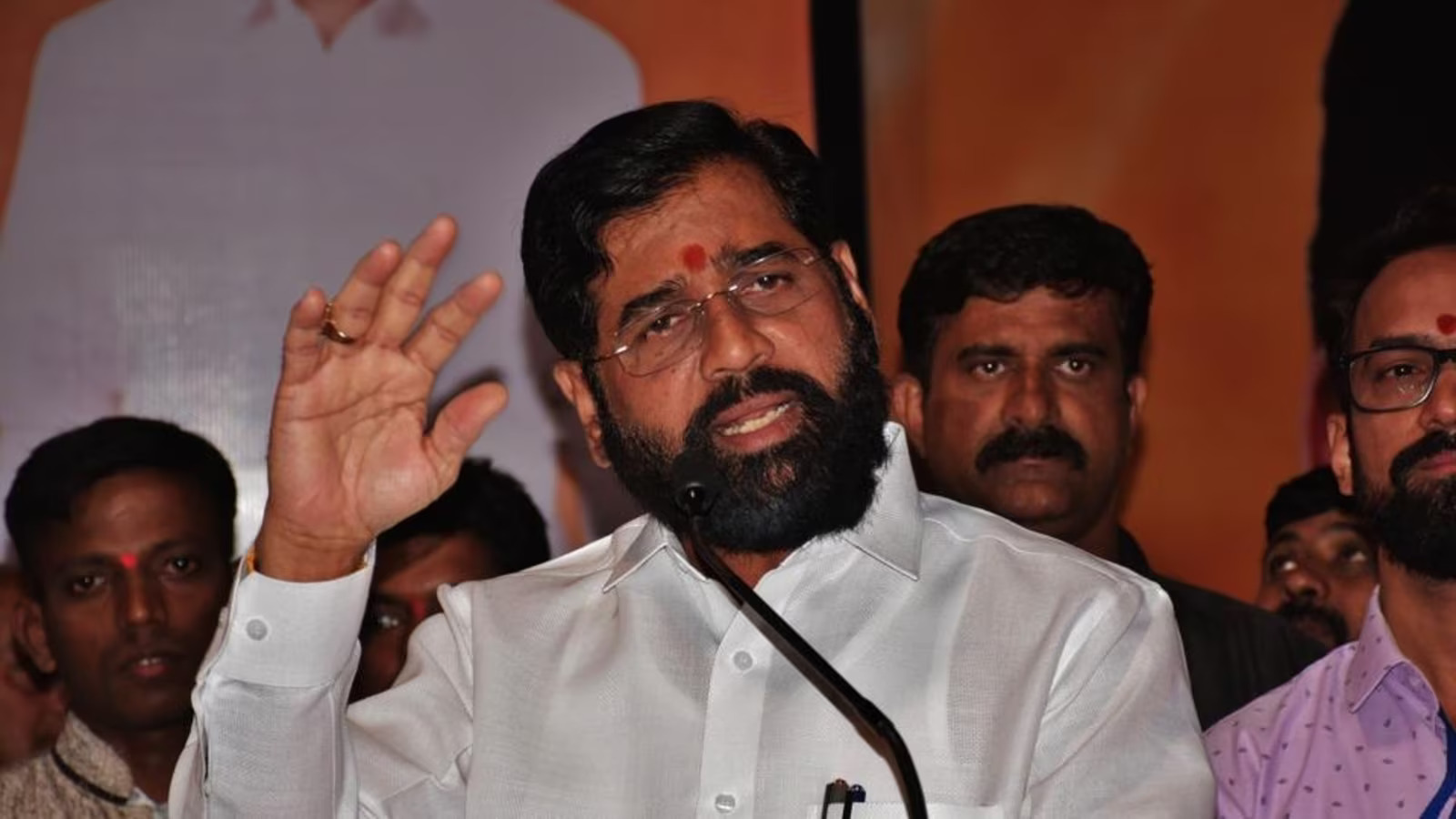Because of the cultural and agricultural significance of these indigenous cow breeds, the Maharashtra government has designated them as the “state mother cow,” or “Rajyamata-Gomata.”
The decision was made months before the Maharashtra Assembly election by the state Cabinet, which is chaired by Chief Minister Eknath Shinde.
“Keeping in mind the status of the native cow in Indian culture since the Vedic period, the usefulness of the native cow’s milk in human diet, the important place of cow dung and cow urine in Ayurvedic medicine, Panchgavya treatment system and organic farming systems, it has been approved to declare the native cows as ‘Rajyamata Gomata’ from now on,” stated a statement released by the state Agriculture, Dairy Development, Animal Husbandry and Fisheries Department on Monday.
Devendra Fadnavis, the deputy chief minister, commented on the decision by saying, “Our farmers benefit much from having indigenous cows. Thus, we have chosen to bestow upon them the dignity of Rajyamata. Additionally, we have made the decision to offer assistance in the upbringing of native cows in goshalas, or cow shelters.”
In Hinduism, cows have great spiritual and cultural significance. The cow’s ability to produce milk—a necessary resource—makes it a symbol of motherhood. Cows are referred to as “Gau Mata” (mother cow) by Hindus, who recognize their significance in maintaining life.
The Justice Shinde committee was tasked with finalizing the procedure for granting Kunbi-Maratha and Maratha-Kunbi certifications based on historical documents. The Maharashtra Cabinet also approved the committee’s second and third reports.
Ahead of the Assembly election, the Maratha community has been demanding for inclusion in the OBC category, and this move is perceived as a substantial attempt to appease them.


Leave a Reply